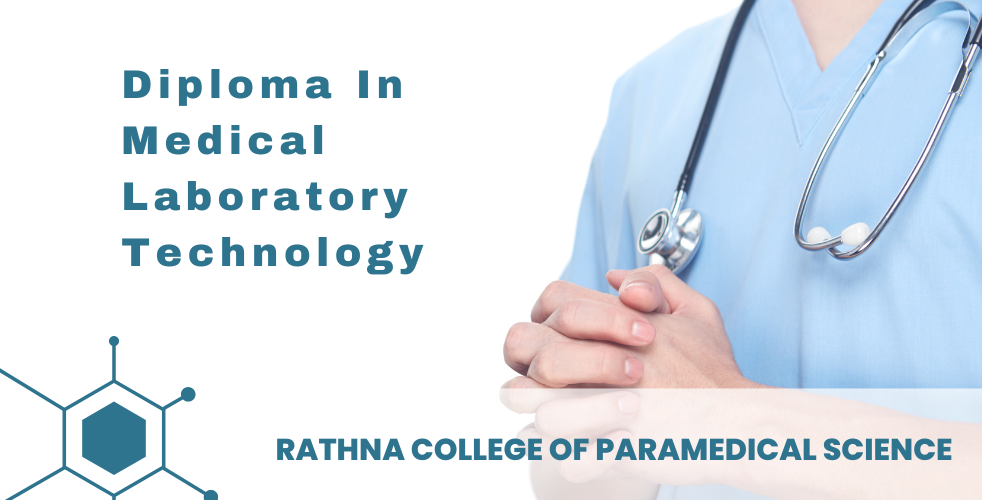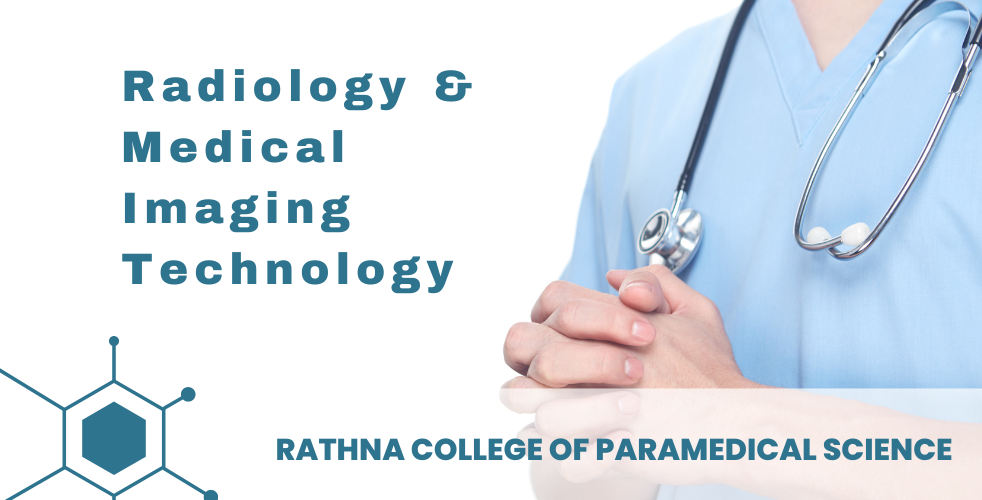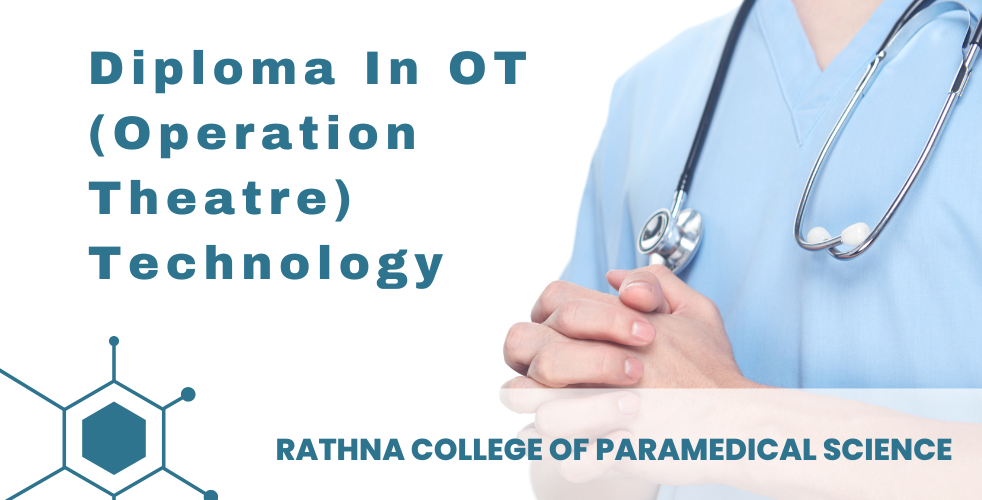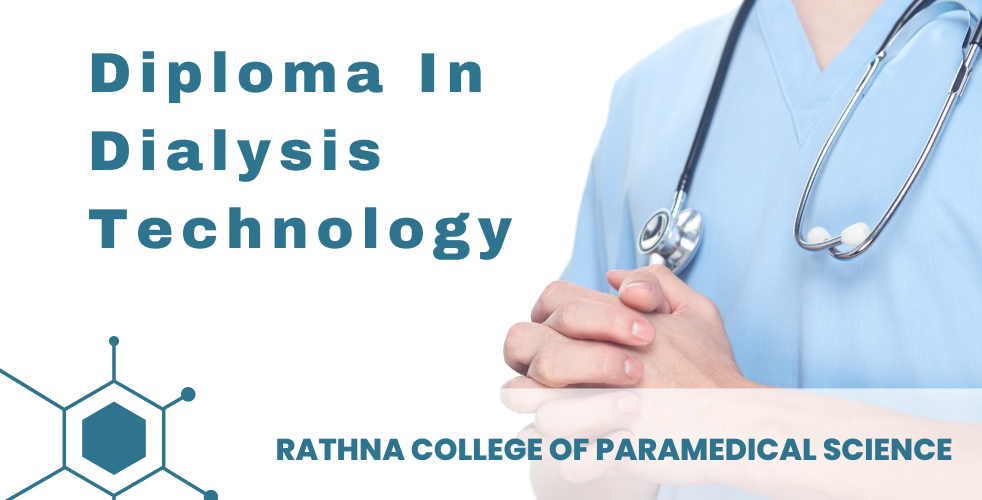
Diploma in Medical Laboratory Technology
Over view of This course
Our Diploma in Medical Laboratory Technology program is designed to provide students with comprehensive knowledge and practical skills necessary for a successful career in the field of medical laboratory science. This program offers a blend of theoretical learning and hands-on experience, equipping students with the expertise required to perform various laboratory tests accurately and efficiently.
Program Highlights:
Comprehensive Curriculum: Our curriculum covers a wide range of topics including clinical chemistry, microbiology, hematology, immunology, histopathology, and molecular diagnostics. Students gain a deep understanding of the principles and techniques used in modern medical laboratories.
Hands-on Training: Practical training is a crucial aspect of our program. Students have access to state-of-the-art laboratory facilities where they can apply theoretical knowledge to real-world scenarios under the guidance of experienced instructors.
Industry-Relevant Skills: We focus on developing skills that are highly sought after by employers in the healthcare industry. Graduates are proficient in performing laboratory tests, analyzing results, maintaining laboratory equipment, and adhering to safety protocols.
Clinical Experience: Through clinical internships and externships, students have the opportunity to gain valuable experience working in healthcare settings such as hospitals, clinics, diagnostic laboratories, and research facilities.
Certification: Upon successful completion of the program, students receive a Diploma in Medical Laboratory Technology, which is recognized by healthcare institutions and regulatory bodies.
Career Opportunities: Graduates of our program are prepared for various career paths including medical laboratory technologist, laboratory technician, research assistant, quality control specialist, and healthcare educator.

Diploma in Radiology & Medical Imaging Technology
Over view of This course
Our Diploma in Radiology & Medical Imaging Technology program is designed to prepare students for rewarding careers in the field of diagnostic imaging. Through a blend of theoretical knowledge and hands-on experience, students will develop the skills necessary to operate advanced imaging equipment and assist radiologists in diagnosing and treating various medical conditions.
Program Highlights:
Introduction to Radiology: An overview of radiology and medical imaging, including the history, principles, and ethical considerations of the field.
Radiographic Techniques: Comprehensive training in radiographic positioning, exposure factors, and patient care techniques for producing high-quality diagnostic images.
Medical Imaging Modalities: In-depth study of different imaging modalities such as X-ray, computed tomography (CT), magnetic resonance imaging (MRI), ultrasound, and nuclear medicine.
Radiation Safety: Understanding the principles of radiation safety and protection for patients, healthcare workers, and the general public.
Anatomy & Physiology: A detailed examination of human anatomy and physiology relevant to medical imaging, including cross-sectional anatomy and pathological conditions.
Radiographic Pathology: Identification and interpretation of pathological conditions through radiographic images, including common diseases and abnormalities.
Image Processing & Quality Control: Training in image processing techniques, quality control measures, and troubleshooting to ensure accurate and reliable diagnostic imaging results.
Clinical Internship: Hands-on clinical experience in hospital settings under the supervision of experienced radiology technologists and radiologists, allowing students to apply classroom knowledge to real-world scenarios.
Professional Development: Skills development in communication, patient care, teamwork, and professional ethics essential for success in the healthcare industry.

Diploma in OT (Operation Theatre) Technology
Over view of This course
Our Diploma in OT (Operation Theatre) Technology program is designed to train students for dynamic careers in surgical settings. Through a comprehensive curriculum and hands-on experience, students will learn to assist surgeons during operations, manage surgical equipment, and ensure the safety and efficiency of the operating room environment.
Program Highlights:
Introduction to OT Technology: An overview of operation theatre technology, including the role of OT technologists, surgical procedures, and the importance of maintaining a sterile environment.
Surgical Anatomy & Physiology: In-depth study of human anatomy and physiology relevant to surgical procedures, including understanding the structure and function of organs and tissues.
Surgical Instruments & Equipment: Identification, handling, and maintenance of surgical instruments, equipment, and supplies used in various surgical specialties.
Sterilization Techniques: Training in sterilization methods and techniques to prevent infection and maintain asepsis in the operating room, including instrument sterilization, disinfection, and sterilization monitoring.
Patient Care & Safety: Techniques for patient positioning, pre-operative preparation, monitoring vital signs, and ensuring patient safety before, during, and after surgery.
Surgical Procedures: Familiarization with common surgical procedures across different specialties, including general surgery, orthopedics, gynecology, and neurosurgery.
Anesthesia Management: Understanding the principles of anesthesia administration, including the different types of anesthesia, monitoring anesthesia equipment, and assisting anesthesiologists during procedures.
Emergency & Crisis Management: Training in emergency procedures, crisis management, and responding to unexpected events in the operating room to ensure patient safety and optimal outcomes.
Clinical Internship: Hands-on clinical experience in operating theatre settings under the supervision of experienced OT technologists and surgical teams, allowing students to apply classroom knowledge to real-world scenarios.

Diploma in Dialysis Technology
Over view of This course
Our Diploma in Dialysis Technology program is designed to equip students with the knowledge and skills necessary to become proficient dialysis technicians. Through a combination of theoretical learning and practical training, students will learn to operate dialysis machines, monitor patients undergoing dialysis treatment, and ensure the safety and effectiveness of the dialysis process.
Program Highlights:
Introduction to Dialysis Technology: An overview of renal anatomy and physiology, kidney function, and the principles of dialysis therapy.
Renal Diseases & Disorders: Understanding common renal diseases and disorders, including chronic kidney disease (CKD), end-stage renal disease (ESRD), and acute kidney injury (AKI).
Dialysis Modalities: Comprehensive training in different dialysis modalities, including hemodialysis, peritoneal dialysis, and continuous renal replacement therapy (CRRT).
Dialysis Equipment & Technology: Familiarization with dialysis machines, equipment setup, calibration, and troubleshooting to ensure proper functioning during dialysis treatments.
Patient Assessment & Monitoring: Techniques for patient assessment, vital sign monitoring, and evaluation of dialysis treatment parameters to ensure patient safety and optimize treatment outcomes.
Infection Control & Safety: Understanding infection control practices, aseptic techniques, and safety protocols to minimize the risk of infection and ensure a safe dialysis environment for patients and healthcare workers.
Fluid & Electrolyte Balance: Knowledge of fluid and electrolyte balance, acid-base balance, and the role of dialysis in managing imbalances in patients with renal failure.
Complications & Emergency Management: Identification and management of common complications associated with dialysis therapy, including hypotension, arrhythmias, vascular access issues, and dialysis-related infections.
Clinical Internship: Hands-on clinical experience in dialysis centers under the supervision of experienced dialysis technicians and healthcare professionals, allowing students to apply classroom knowledge to real-world patient care scenarios.